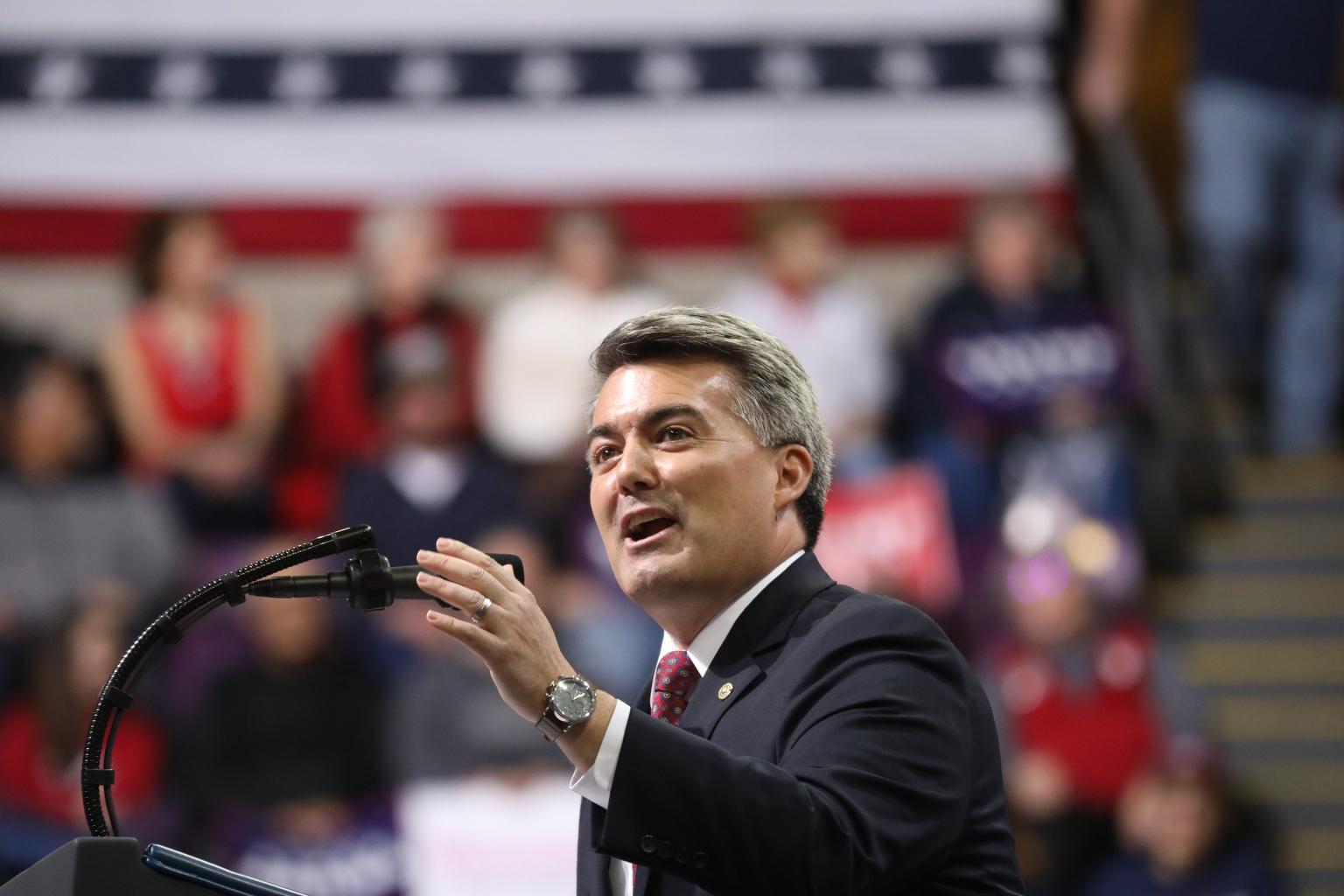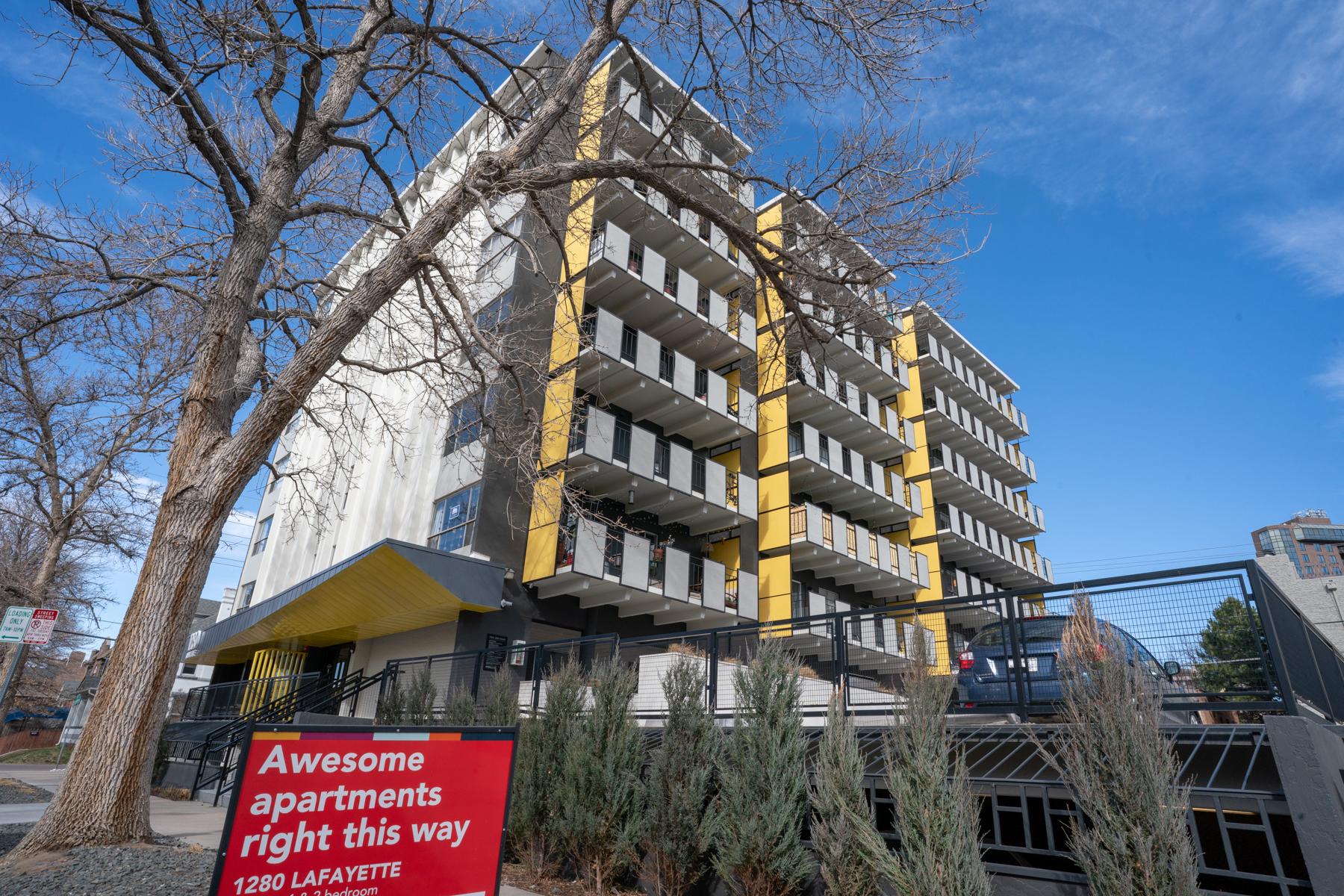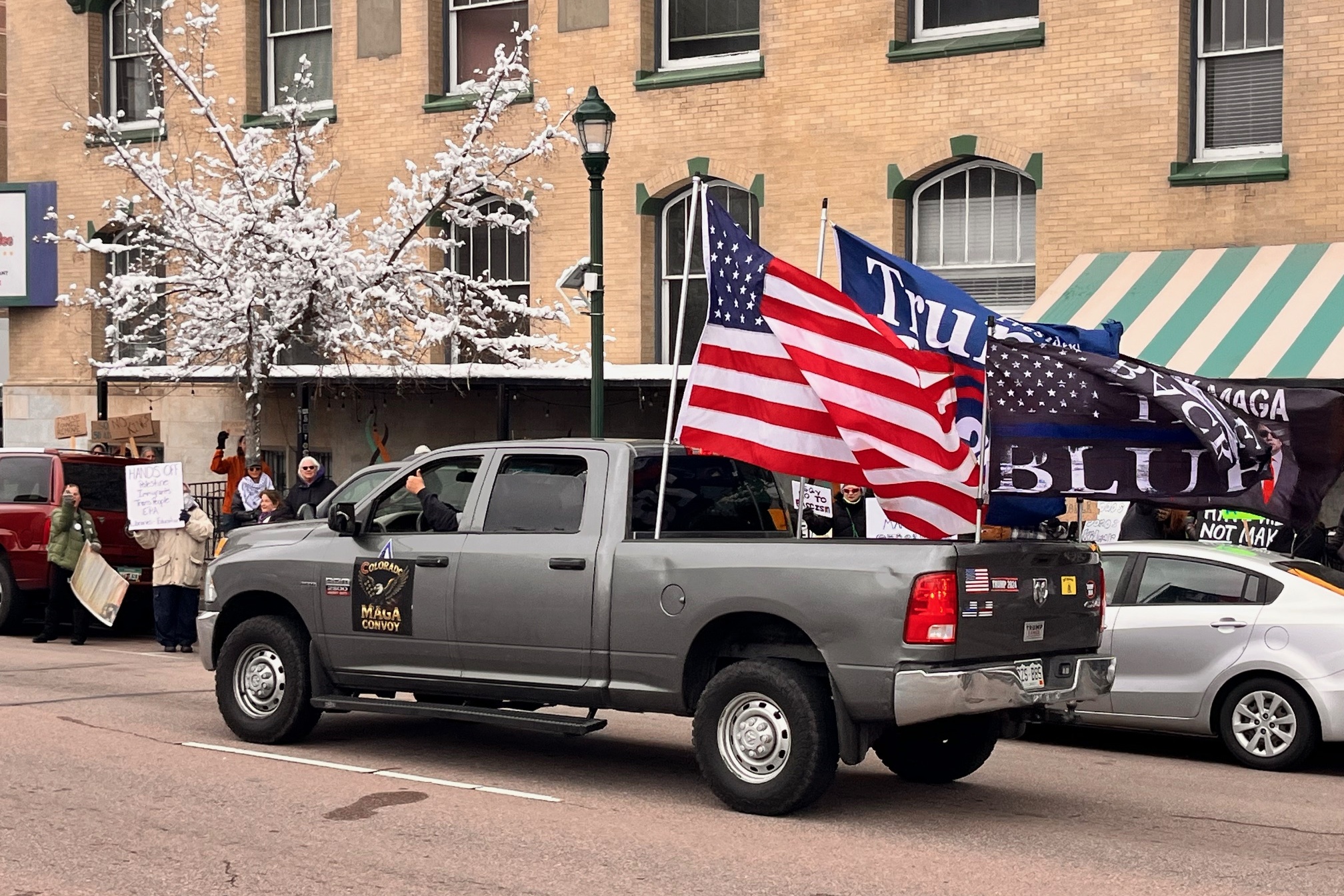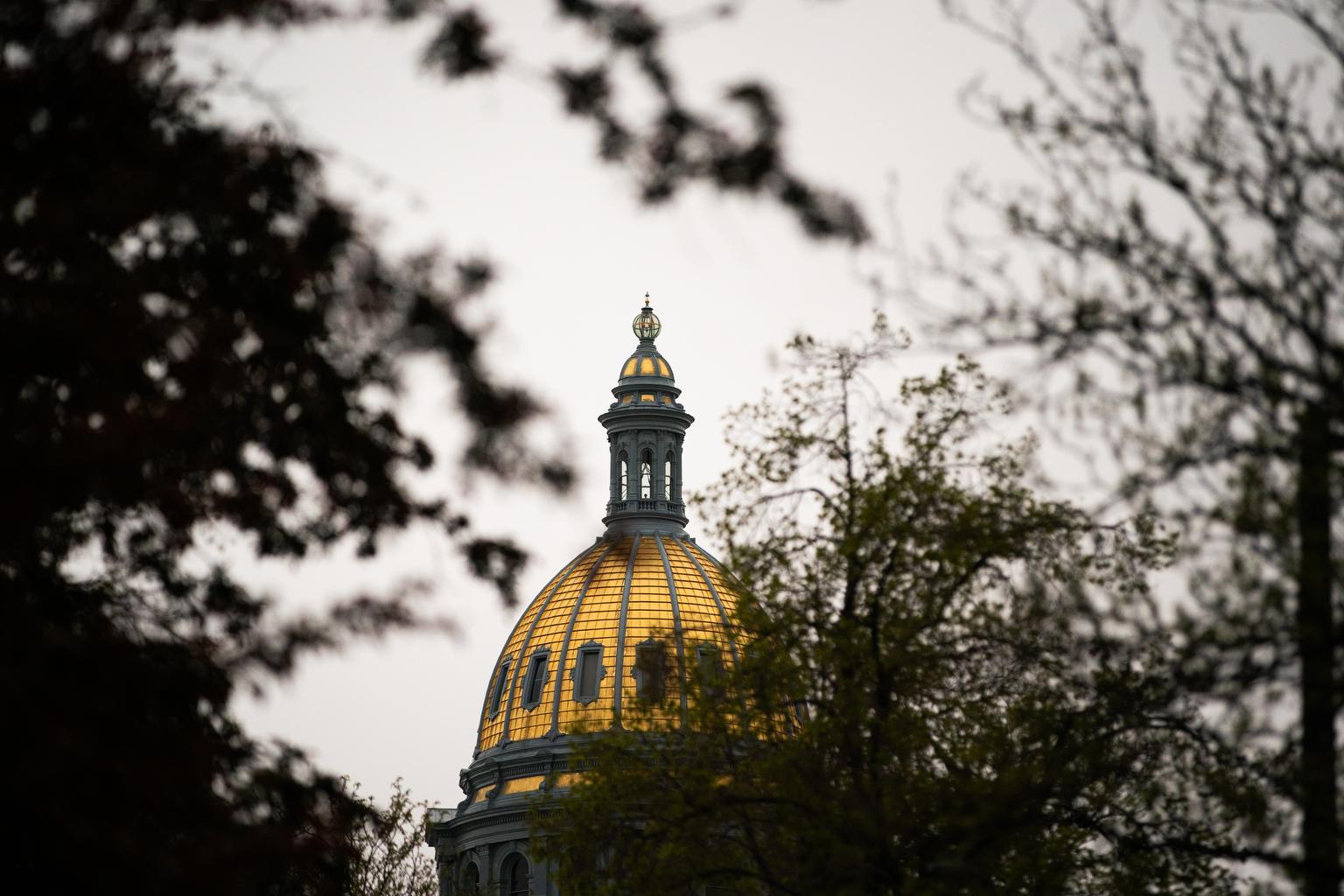
Sen. Cory Gardner is in an unusual position heading into November 2020.
He’s an incumbent underdog. He has long topped the list of most vulnerable Republican senators up for re-election. And he’s one of two Republicans running this year in states that President Donald Trump lost in 2016.
With Colorado trending ever bluer, Democrats are banking on flipping the seat to get one vote closer to gaining control of the Senate. But many aren’t ready to discount the Yuma Republican just yet.
The non-partisan Cook Political Report has listed the seat as a toss-up, in part because the demographics of Colorado are changing. It’s getting younger and more progressive.
“The bottom line is that Colorado is a state that is moving farther and farther away from Republicans,” said Jessica Taylor, Senate and Governors Editor with the Cook Political Report.
Republican political strategist Josh Penry said Gardner will need to stress his accomplishments and “say, ‘Look, I’m back there and representing Colorado and I’m doing a good job.’” The Gardner campaign has focused on that in its ads thus far — from help with the state’s coronavirus response, including praise from Democratic Gov. Jared Polis, to the BLM headquarter move to Grand Junction.
Penry said this race is far from a slam dunk for Democrats.
Gardner is a scrappy campaigner. He ran the Republican Senate campaign arm in the last cycle and has good connections. And, until now, much of this race has been theoretical.
Now Gardner will have a foil to play against former Gov. John Hickenlooper, who won the Democratic primary and walks into the general election weaker than many people initially thought he would. The final weeks of the Democratic primary saw a string of missteps, criticism, and negative headlines.
“If John Hickenlooper doesn’t get his act together, if he doesn’t even pretend to care, if he doesn’t show up, if he doesn’t work hard, I think it certainly will be a very competitive race,” Penry said.
Much of this fight will be about political math. Democrats are favored because they have more registered voters than Republicans in the state. Even so, both parties are behind the largest group of voters in Colorado, which is the unaffiliated.
To make the numbers come out in his favor, Gardner will have to have a decent showing in Democratic strongholds like Denver or Boulder. And make sure Pueblo Country, which went for Trump in 2016, stays with Gardner this year.
“They are working-class, conservative Democrats in both Adams and Pueblo and I think Cory has a great chance to actually do even better in those two counties than he did in 2014,” GOP consultant Tyler Sandberg said.
It also means keeping it close in counties around Denver like Jefferson and Arapahoe. Michael Fields, executive director of Colorado Rising Action, said he’s seen with ballot issues that these counties are good bellwethers for the state.
“Whoever wins JeffCo and Arapahoe typically wins the state,” Fields said. “So, there’s definitely a suburban focus you have to have to win in Colorado.”
The other thing that might help Gardner is Coloradans’ tendencies to split tickets — voting one party for president and another for senator.
“I think voters will recognize they don’t want one party to control the House, Senate and the presidency. And a vote for Cory Gardner would be a vote for split government and a check on Joe Biden,” Sandberg said.
But split tickets isn’t something to depend on, said David Flaherty, CEO of Magellan Strategies, a voter opinion research firm.
“I think that argument now will just resonate with the base of the Republican Party and fall on deaf ears among the middle and unaffiliated voter.”
Admittedly, 2018, which swept Democrats into statewide office, was a year when Trump wasn’t on the ballot — so many voters showed their disapproval by voting for the opposing party. Trump continues to prove to be a polarizing figure. And Flaherty said voters who think Trump has lacked leadership on coronavirus and the racial unrest in the country could take that dissatisfaction out on all Republicans.
“Honestly it’s a total disaster for a candidate like Cory Gardner because it doesn’t help him one bit and it actually hurts him,” he said.
It will likely be the biggest headwind for Gardner heading into the November election, with the president’s name on the top of the ticket. Trump, while very popular with the Republican base, is equally unpopular with two larger segments of the Colorado voting public: unaffiliated and Democratic voters.
“The combination of the general unpopularity of the president and the shifting demographics here in Colorado obviously create a challenging and complicated minefield for Cory,” Penry said.
Democrats will spend their time tieing Gardner to Trump, reminding voters of the times he has stood in lockstep with the president, something Trump himself pointed out to voters at a February rally in Colorado Springs. Trump, who has endorsed Gardner, said the senator has “been with us 100 percent, there was no waiver.”
It's a line tailor-made for Democratic attack ads in the fall.
Many of the factors that can determine the outcome of his race — like the president’s approval ratings or the state of the economy — remain largely out of Gardner’s control.
“I think that Cory Gardner could run a virtually perfect campaign and still lose this race,” Taylor concluded.









